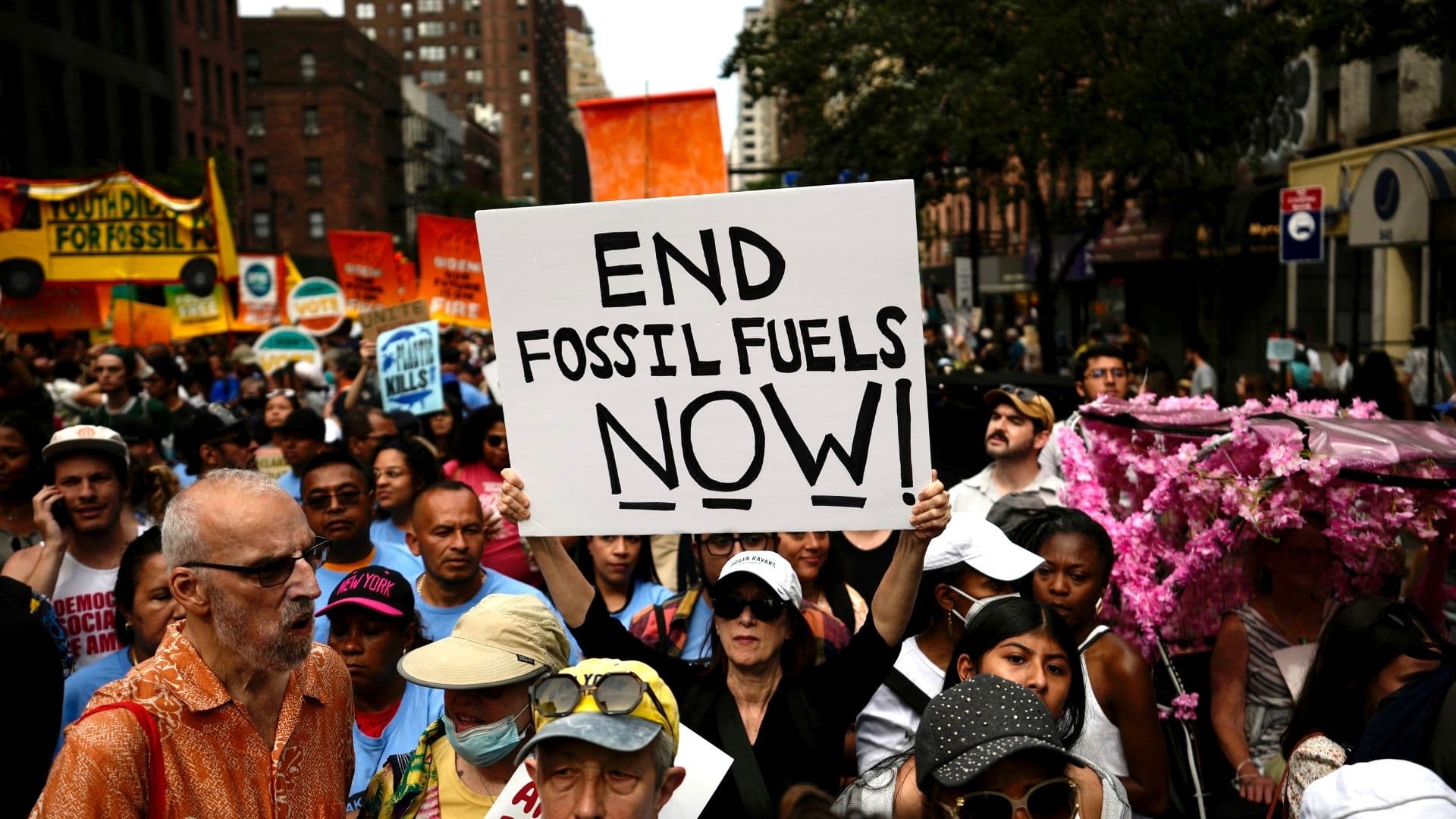Ukraine Faces Moment of Truth as Trump Pushes Peace Plan
President Volodymyr Zelenskiy warns Ukraine stands at a crossroads as the United States presses Kyiv to accept a peace plan seen as endorsing major Russian demands, raising questions about sovereignty and future Western support. The proposal has alarmed European allies and set off frantic diplomacy at the G20 as Kyiv seeks a way to protect its territory, retain international backing, and preserve its dignity.
President Volodymyr Zelenskiy is confronting a stark geopolitical choice as the United States, through former President Donald Trump, urges Ukraine to accept a U.S backed peace proposal that reportedly accommodates significant Russian demands. Zelenskiy says the plan forces Ukraine to weigh the preservation of its dignity and freedom against continued U.S backing, a dilemma that has sent shock waves through European capitals attending the G20 summit.
According to reporting, the U.S backed scheme would require Ukraine to make substantial territorial concessions and accept limits on its military capabilities. Those provisions, if implemented, would alter the post Cold War security architecture in Europe by effectively rewarding territorial revisionism. European leaders are scrambling to fashion a coordinated response at the summit, mindful that any public split between Washington and its allies could embolden Moscow and strain the transatlantic consensus that has sustained Kyiv since Russia’s full scale invasion.
The proposal’s contours are forcing Kyiv into delicate diplomacy. Ukrainian officials are said to be preparing a counterproposal in concert with European partners, seeking terms that could be acceptable domestically while trying not to alienate Washington. That balancing act reflects the broader asymmetry of Ukraine’s position. Kyiv remains heavily dependent on Western security assistance and political backing, even as it insists that any settlement must not compromise sovereignty or legitimize territorial acquisition by force.
The international legal stakes are high. Accepting terms that concede territory in exchange for peace would risk setting a precedent contrary to the principles enshrined in the United Nations Charter and a series of bilateral and multilateral agreements that underpin European stability. For many European capitals, safeguarding those norms is not only a matter of principle but a practical imperative to prevent future aggression elsewhere on the continent.
Diplomatically, the episode highlights fissures in Western policy coordination. The G20 setting has amplified urgency and visibility, drawing in leaders who must weigh their economic ties to Moscow against collective security concerns. For European leaders, a fragmented response could weaken leverage over Moscow while complicating domestic politics in countries already facing fatigue over the protracted conflict.
For Kyiv, the immediate task is to craft a counterproposal that preserves core security needs and territorial claims while remaining at least plausibly acceptable to the United States. That is a narrow diplomatic path. Domestic political leaders in Kyiv will face intense scrutiny from a public that has borne the war’s human and material costs and that is unlikely to accept compromises perceived as capitulation.
The coming days at the G20 will test whether allies can reconcile divergent impulses toward de escalation and deterrence. The outcome will shape not only Ukraine’s future but the credibility of Western commitments to defend the established rules of the international order.

